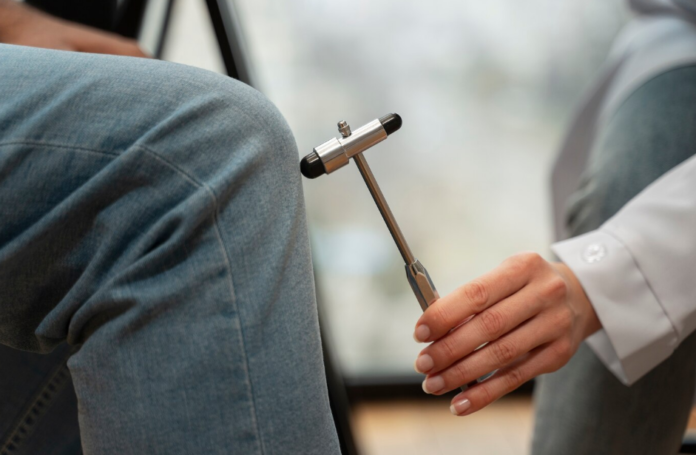Accidents can happen in the blink of an eye, but their effects can last for weeks, months, or even a lifetime. Whether it’s a car crash, a slip-and-fall, or a workplace incident, knowing how to respond in the immediate aftermath of a personal injury accident is essential — not only for your health and safety but also to protect your legal rights.
California law provides avenues for injured individuals to seek compensation, but what you do in the moments, days, and weeks after an accident can significantly impact the strength of your case.
1. Ensure Safety and Call for Help
The first priority after any accident is safety. If you’re in a car crash, move to a safe area if possible, and turn on your hazard lights. If you’re in a public place and unable to move, call out for help. Dial 911 to report the accident and request medical assistance if anyone is injured.
Prompt emergency response not only ensures that injuries are treated quickly but also creates an official incident record, which may later serve as valuable evidence.
2. Seek Medical Attention
Even if you don’t feel seriously hurt, it’s important to be evaluated by a medical professional. Some injuries — like whiplash, internal trauma, or concussions — may not show symptoms right away. A medical report also establishes a clear link between the accident and your injuries, which is critical for any future insurance or legal claim.
Be sure to follow your doctor’s recommendations, attend follow-up appointments, and keep copies of all medical records, bills, and prescriptions.
3. Report the Accident
Depending on where and how the injury occurred, different reporting requirements apply. In the case of a motor vehicle accident, California law requires that accidents involving injury or death be reported to the California DMV within 10 days. If the injury happened on someone else’s property, report it to the property owner, store manager, or on-site supervisor and ask for a written incident report.
Documentation of the accident — who was notified, when, and what was said — helps build a clear timeline and chain of responsibility.
4. Document the Scene
If you’re physically able, take photos or videos of the scene before anything is cleaned up or moved. Capture injuries, property damage, skid marks, spilled liquids, broken railings — anything that might be relevant. Also try to gather contact information from any eyewitnesses who saw what happened. Their statements could support your version of events later on.
It’s also a good idea to write down your own account of what happened as soon as possible, while the memory is still fresh.
5. Avoid Admitting Fault
In the moments after an accident, it’s natural to want to apologize or take responsibility — especially if others were hurt. However, these statements can be used against you later. Avoid discussing fault at the scene or on social media. Let investigators and insurance adjusters assess liability based on evidence.
Your focus should be on getting medical attention and documenting the situation, not on determining who’s to blame in the moment.
6. Notify Your Insurance Company
Inform your insurance provider of the incident as soon as possible. Provide the facts but avoid giving recorded statements or accepting any early settlement offers without understanding the full extent of your injuries and damages. If another party’s insurer contacts you, you are not required to speak to them without preparation or representation.
7. Keep a Record of Expenses and Impact
Track all accident-related costs, including medical bills, lost income, travel for treatment, repair estimates, and out-of-pocket expenses. Also note how the injury affects your daily life — such as pain, limited mobility, missed events, or emotional stress. These details can help support claims for non-economic damages like pain and suffering.
8. Understand California’s Time Limits
In California, personal injury claims are subject to a statute of limitations. In most cases, you have two years from the date of injury to file a lawsuit. If the claim involves a government entity, you must file a claim within six months. Failing to meet these deadlines can prevent you from recovering compensation, regardless of the merits of your case.
9. Consider Seeking Legal Guidance
While not every accident requires legal representation, more serious or complex cases often do — especially if liability is disputed, multiple parties are involved, or significant damages are at stake. An experienced legal professional can help assess the strength of your claim, negotiate with insurers, and ensure all deadlines and legal standards are met.
If your injuries are severe, long-term, or caused by another party’s negligence, you may benefit from speaking with an accident injury attorney California residents turn to for trusted legal support.
